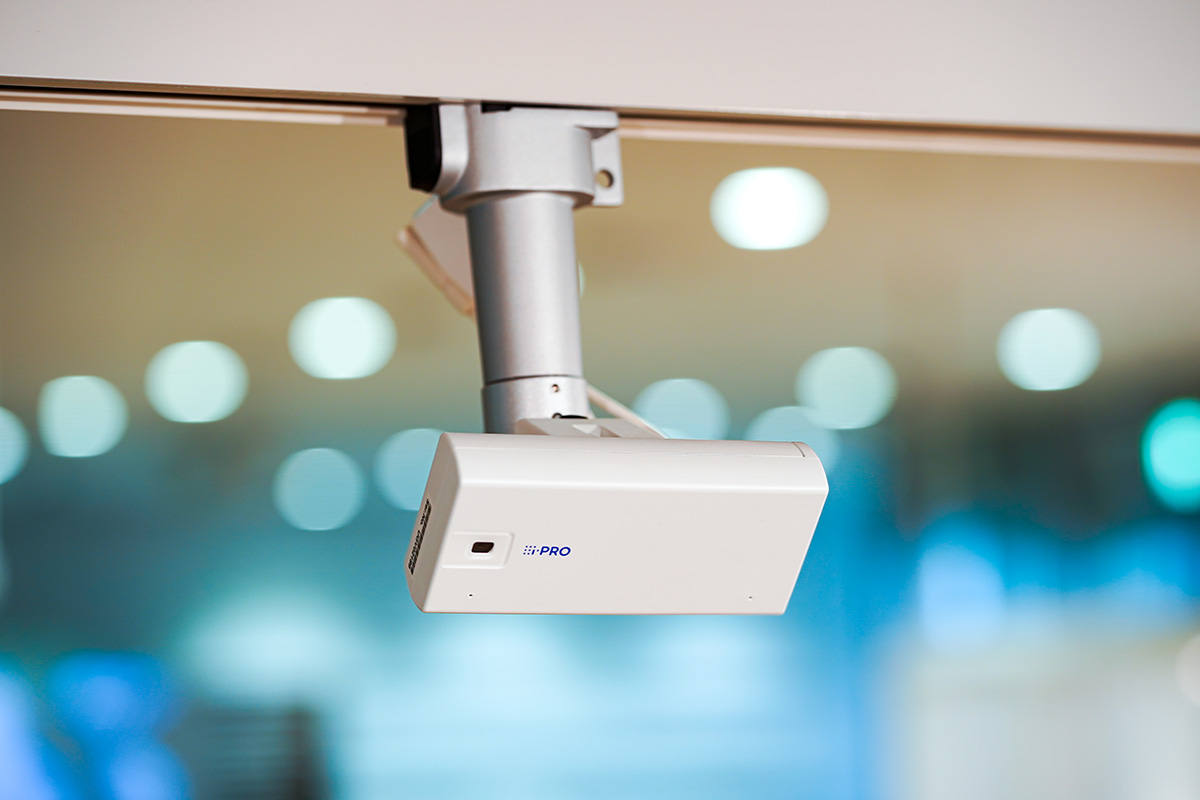Gaining independence from Panasonic in 2019, i-PRO believes that modularization is the key to developing innovative products as AI transforms video surveillance.

In 2022 Panasonic i-PRO Sensing Solutions changed its name to i-PRO when it became independent from its parent company. More than a brand change, this move represented a turning point that redefined the company, reconnected relationships, and reformed its organization – all with an eye on the shift driven by artificial intelligence (AI).
To transform the company, Mr. Masato Nakao, CEO of i-PRO Co., Ltd., created an approach entirely different from how the traditional video surveillance market operates. From made-to-order manufacturing and faster supply chains to open systems that enable an app economy, to cybersecurity built in by design, he launched a new model.
i-PRO’s origins go back to 1957, when Matsushita Electric Industrial’s Central Research Laboratory developed a professional surveillance camera. By the 1990s the company had become a world leader in image sensing, but it was slow to adapt to changes.
Panasonic had expanded vertically, from creating hardware to providing end-to-end solutions. The rest of the market expanded horizontally and partnered on solutions. Panasonic found itself outside the new markets. Recapturing the lead meant changing everything, starting with the company’s core beliefs.
Two concepts anchored Nakao’s strategy for the independent company – open policy and time-based competition. The former refers to horizontal specialization; the latter aims to cut lead time, helping reduce customers’ opportunity costs while providing a basis for premium cost and achieving profitable growth.
In its first year operating under these concepts, i-PRO aggressively built partnerships with leading VMS and AI analytics vendors, and integrators worldwide. With a focus on cameras, i-PRO produced more than 100 new models in 12 months.
As AI technologies advance, i-PRO anticipates the industry will demand specialized tools to solve unique challenges. Analytics technology will change rapidly, and organizations won’t continually buy new cameras to access new advancements. That’s where open platforms come in.
Mr. Nakao says: “Open platforms give developers access to a larger market. Like today’s app-based economy, this model will evolve and offer the same level of customization present in consumer technology in professional video surveillance technology.”
i-PRO also planned for the manufacturing implications of customizing AI solutions. Little standardization and no room to achieve mass production limits economies of scale. i-PRO plans to increase the variety of its AI-compatible cameras and immediately supply even single units.
Mr. Nakao adds: “By deploying a high-mix/low-volume strategy that enables made-to-order manufacturing, we can standardize production of core camera modules with a high level of customization. And by leveraging similar components across designs, we can reduce manufacturing time while increasing the number of models available.”
i-PRO, essentially, does not develop finished products, but general-purpose modules, for use in various products, which are mass produced to leverage economies of scale. These half-finished modules sit in company warehouses awaiting orders to be quickly assembled and shipped in response to demand – immediately, even to small-volume needs. It also makes i-PRO less vulnerable to supply chain inconsistencies.
Finally, unlike many IoT devices, i-PRO’s products have built-in security features like encryption, authentication. and support secure network standards like 802.1x.
Mr. Nakao explains his vision by drawing an analogy with the 1849 gold rush, when prospectors flocked to California. It wasn’t James Marshall who had the most success, he notes, nor the thousands who converged there.
Rather, it was Levi Strauss, who, instead of prospecting himself, supported the 49ers by supplying high-quality jeans. And because he took out a patent that lasted 20 years, he alone was able to deliver his product to a market that specifically required it.
i-PRO isn’t looking to compete in the search for AI gold. Instead, said Mr. Nakao, “We will supply innovative, reliable AI-compatible cameras in a range of models promptly upon order. Many players are clamoring to provide AI-based solutions. But there are few camera manufacturers with established technologies suited to the unique needs of the AI sphere.” That’s what i-PRO has built.
0 COMMENTS